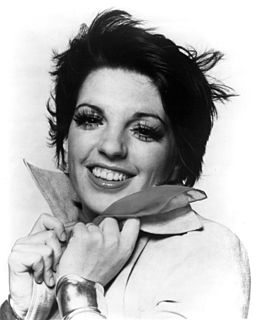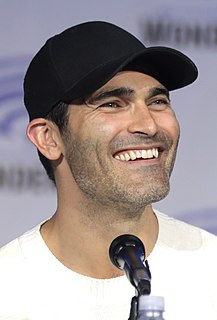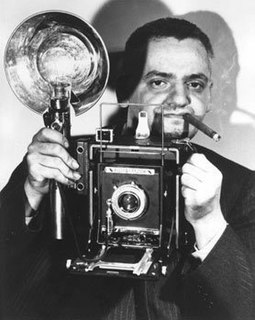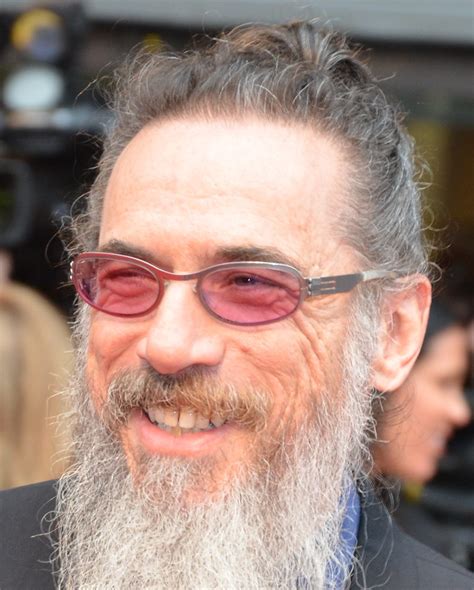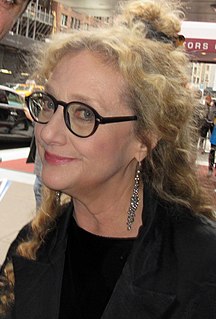A Quote by Greta Gerwig
I think being attracted to mistakes is one of the things that film can capture in a way that theater can't. Film can capture a moment of spontaneous life that will never be captured again.
Related Quotes
I think being attracted to mistakes is one of the things that film can capture in a way that theater can't. Film can capture a moment of spontaneous life that will never be captured again. I like a lot of structure and a lot of lines, but then within that I make room for things to happen that you couldn't have predicted.
I bristle a little when the argument for film gets put into the nostalgia ghetto. Film is still the highest quality and best-looking image capture medium available. I don't think it always will be. The digital image will get better, and it will eventually surpass the quality of the film image, but it isn't there yet.
In 'Uncharted,' we do the scenes the same way you would do a film or television show. The motion capture - the performance-capture process - is what makes such a difference for this franchise. So I don't approach it any differently. The other actors and I go in and rehearse scenes together, and then we go in the next day and perform.
I love to just listen and watch. I could happily watch a security camera at a store. Often during a day I'll see a guy selling pretzels or an argument that somebody's having on a stoop and I'll think, "Oh I wish I had my camera, I wish I could capture this moment." There's something about people being people and interacting that can be so beautiful when it's framed by a camera. That desire to capture people as they are, and the stubbornness to keep going when they don't necessarily want you to capture them being who they are, are key.
I honestly think the impulse is to grab something and capture it, and not capture a moment that you want to remember, but just capture an image that you want other people to see right away. It's about how someone is going to "like" this and it's no longer an experience. It's just this constant sharing of images. I personally don't like that very much.
I would make a huge distinction between theater improvisation and film improvisation. There isn't much improvisation in film - there's virtually none. The people that theoretically could be good at this in a theater situation don't necessarily do this in a film in a way that will work, because it's much broader on a stage. But in a movie, it has to be real, and the characters have to look entirely real because it's being done as a faux documentary, so there are even fewer actors that can do that on film.


